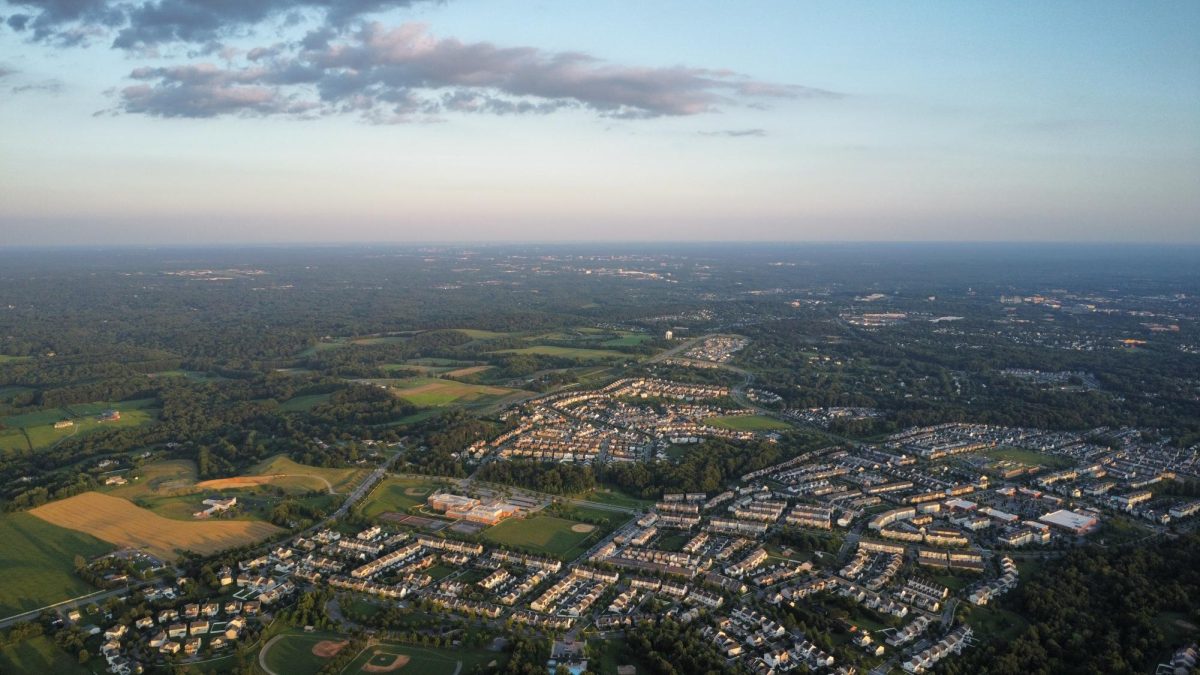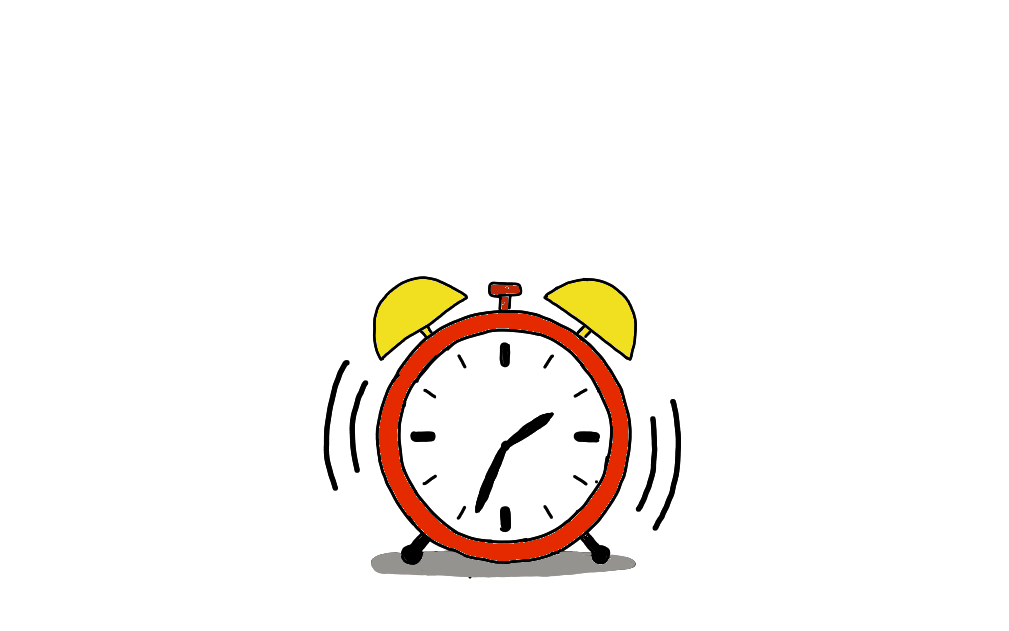For my first point, I’d like to address the claim that modern portrayals of women as strong and resilient is somehow less nuanced and less favorable than older portrayals of women as meek and gentle. This article relies on a variant of feminism known as “choice feminism,” which suggests that any choice made by any woman is inherently feminist, and while this ideology is flawed on its own, it is especially problematic when applied to fictional characters.
Critiques of Disney’s depictions of women cannot be conflated with the lives and choices of actual women. A Disney princess is not a real woman driven by her own motivations, but rather driven by a narrative written and directed primarily by men, produced by a male dominated company and based on fairy tales written hundreds of years ago by male authors. Criticizing Disney’s tendency to write women whose sole interests are in romance and marriage does not mean that women who have similar motivations are flawed, but that the men who have created these characters are operating with a very narrow view of women as a whole.
See also: the recent writers and actors strike concerning the strained relationships between media companies and the workers that are essential to the products that they sell. See also also: the recent trend of Disney adaptive movies into live action, recycling ideas instead of creating new ones. A concept which has received much backlash and rejection from potential moviegoers.







